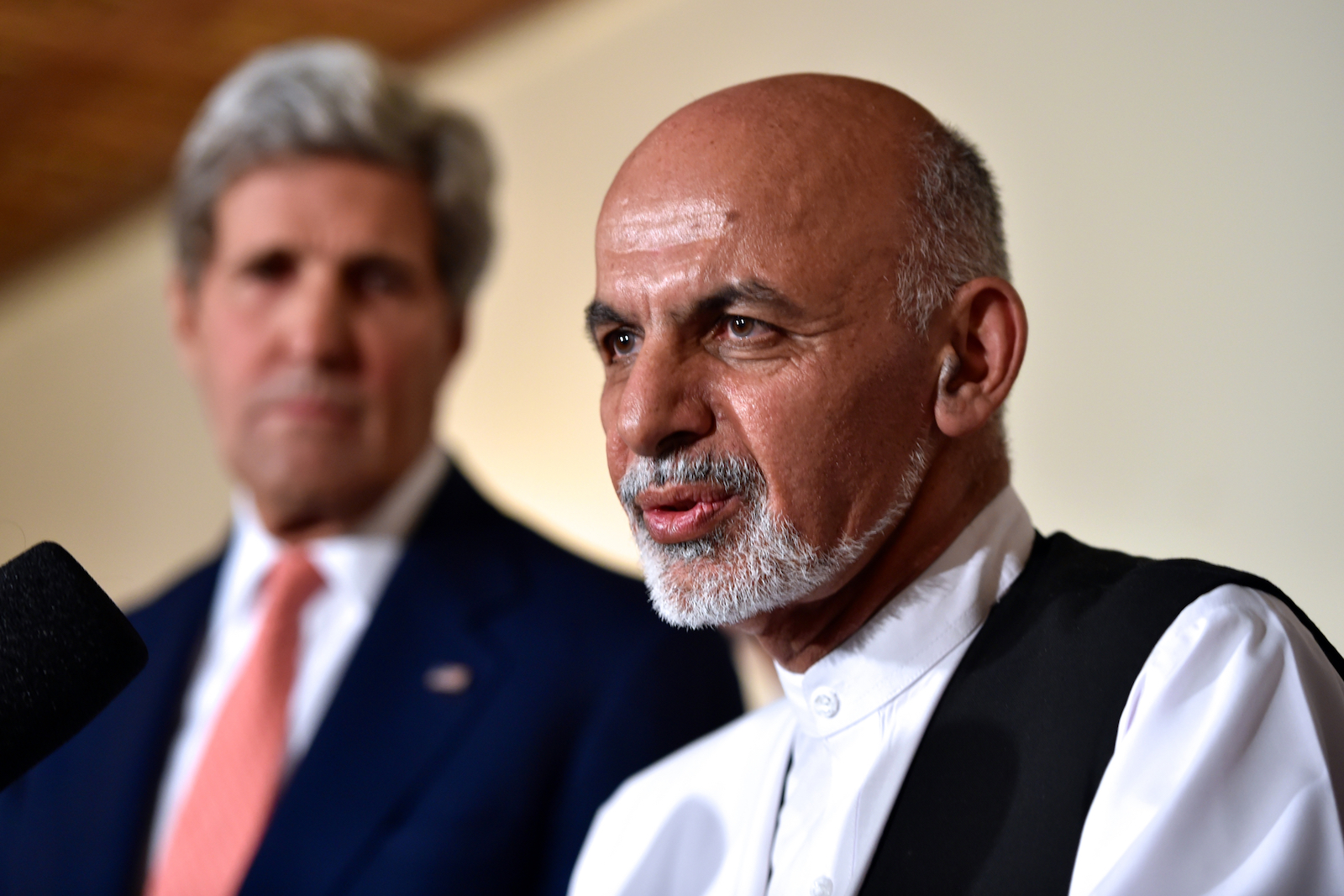
Why Afghanistan Should Negotiate with Terrorists and Why We Should Let Them
Last week, the New York Times published a story detailing how the U.S. held settlement negotiations with the Taliban earlier this month. The idea of negotiations is not new. In fact, the President of Afghanistan, Ashraf Ghani, penned an opinion piece in June explicitly stating his willingness and desire to negotiate with the Taliban in order to procure a peace deal for his country. However, the Taliban has historically refused to talk with his government. What makes the recent American-Taliban talks most interesting is that they did not include representatives of the Afghan government nor even coordination with that government, but instead happened completely behind the Afghan government’s back. Despite the hope that stems from a new round of talks, this plan of action bodes ill for any future deal that might be achieved.
Overseeing a constant state of conflict since 2001, Afghanistan’s state administrations have struggled to establish legitimacy as a government for several reasons. Initially, its first president, Hamid Karzai, was appointed by Western states and therefore lacked a democratic legitimacy as his powers were viewed by the opposition as unearned at best and a puppet of Western powers at worst. Both elections since have simmered with fraud allegations which continue to discredit the current government. However, international recognition (and money) give legitimacy enough for the government to levy taxes and provide what government services it can in the territory it controls. Given the recent estimate of Taliban activity in 70% of Afghanistan, security issues do still threaten the government’s right and ability to govern. The Taliban ruled the country for five years before being deposed after the U.S.-NATO invasion in 2001. Despite not being recognized by most countries due to the religious terror of their reign, the Taliban’s authority was generally uncontested by other organized powers within Afghanistan. Onerous as its rule was, it was stable, giving today’s Taliban the moral high ground within the country as being the last purely Afghan administration trying to regain its holy mandate.
Since we see two governments (or at least two entities who view themselves as such) vying for control through armed conflict, only the constant, heavy presence of foreign troops inhibits us from easily applying the label “civil war” to this situation. There inarguably is an issue of dual sovereignty (when two entities have plausible claims [and support] to stand as the legitimate authority for a country) in Afghanistan between the official Afghan government and the Taliban. Dual sovereignty, a precondition of civil war, can end through a power-sharing settlement or the eradication of one party.

When a civil war ends with a military victory, the country is less likely to experience resumption of violence as only one authority remains standing uncontested. The issue becomes less clear when a war ends through settlement because despite signed agreements, both parties remain active, legitimate sources of power. Therefor the condition of dual sovereignty remains. Afghanistan will not experience a military victory for any side in the foreseeable future, which is why all three parties are interested in settlements to end the fighting. However, as mentioned, signing a settlement legitimizes all parties and their right to govern, thus only opening the door to protracted conflict.
By refusing to negotiate with the Government of Afghanistan (GoA), the Taliban refuses to acknowledge the government’s right to determine Afghanistan’s future. Instead, by insisting to negotiate only with the U.S., the Taliban broadcasts the message that the U.S. controls Afghanistan’s future, not the GoA. This reinforces the notion that the GoA is an illegitimate puppet and the U.S. holds the real power. By accepting the Taliban’s appeal for negotiation sans the Afghan government, the U.S. only confirms messages of GoA’s illegitimacy. President Ghani has a valid right to express dismay as the U.S. completely undermines the GoA by attempting to negotiate a settlement not only without them, but without telling them. The U.S. and Government of Afghanistan must remain united as they seek an end to the war. If the Taliban says the U.S. is a kingmaker and then signs a settlement without the GoA, it looks like the U.S. just made the Taliban new kings.
Practically speaking, the United States’ military presence will be the make-or-break piece to the settlement puzzle. Opposing sides in a conflict only come to the negotiation table when they do not believe they can win a military victory and cannot afford a decisive loss. As discussed above, a settlement preserves dual sovereignty, while military loss wipes one side out. The Taliban’s choice to negotiate with the U.S. but not with the GoA indicates that the Taliban feels they can achieve a military victory over the GoA once the U.S. leaves the country. Should the Taliban renege on their settlement once U.S. troops pull out, the U.S. and the rest of NATO will be hard-pressed to sell voters on a new mission to reoccupy Afghanistan.
All three parties (U.S., the GoA, and the Taliban) agree a military victory is out of the question for either side as long as the U.S. has troops on the ground, making settlement the only remaining path out of war despite pessimistic predictions. In order to build a lasting settlement, the U.S. must include President Ghani’s administration in the negotiation process to support and continue to confirm his authority as the democratically elected leader of the country. Excluding his government dooms the country to continuing dual sovereignty and sets the stage for war to reignite the moment the U.S. removes its troops.
